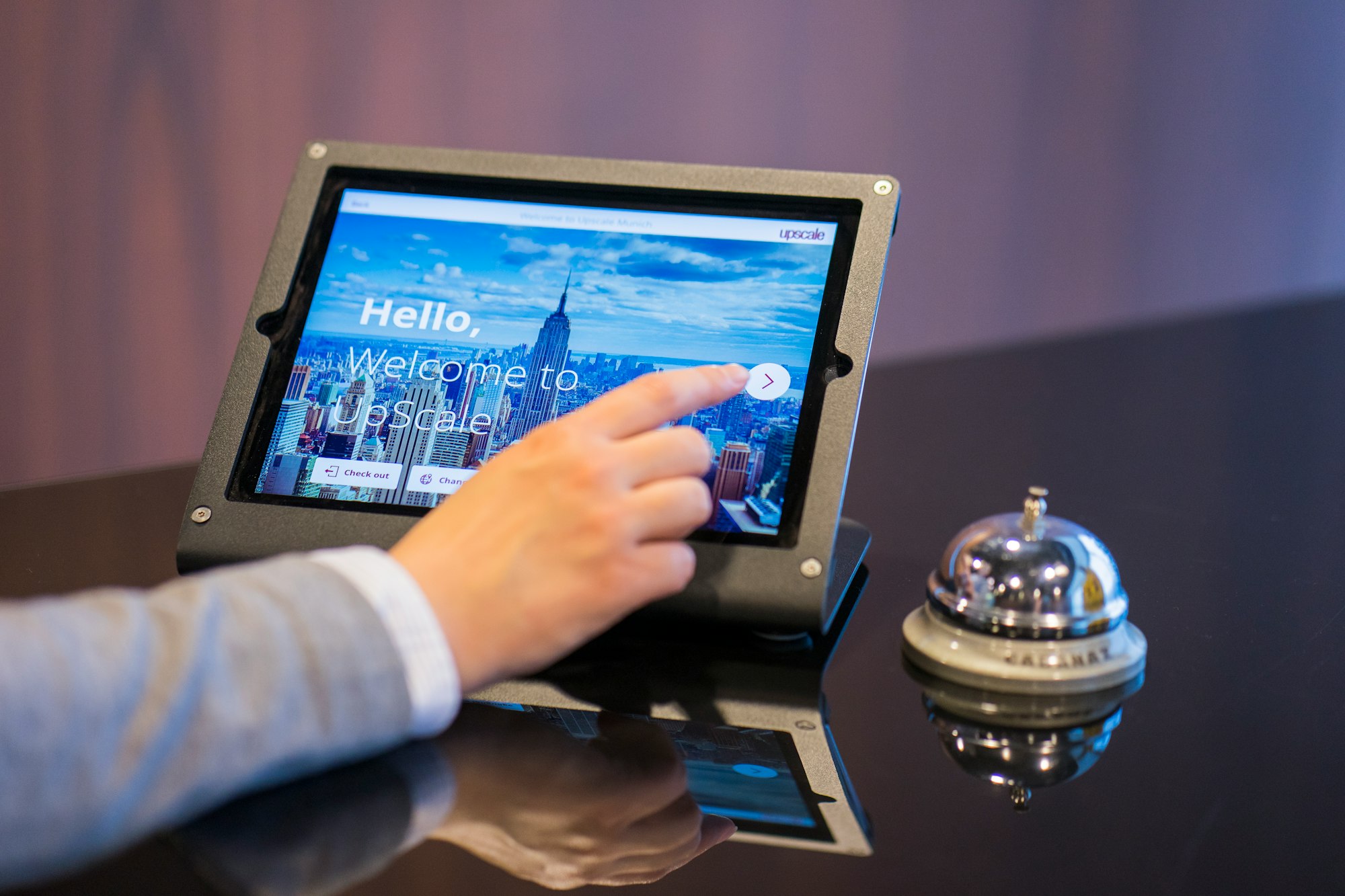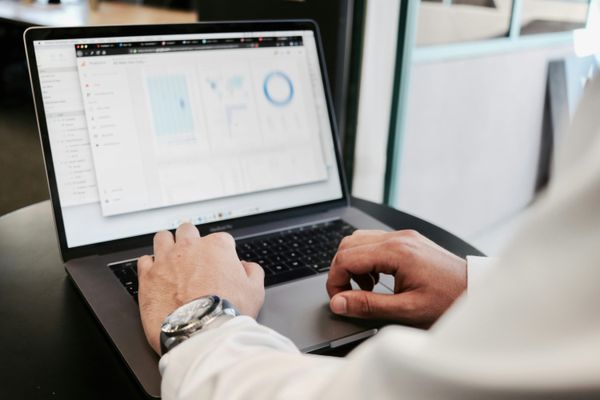Fortunately, in today's digital age, there are many software tools available that can help automate and streamline many of the processes involved in hotel management. Which digital tools does a hotel need nowadays? More and more tools are coming onto the market and do not exactly make the decision easy.
"On average, 5.7 systems or tools are used in Austria's hotels, and more are being used every year" (ÖHV-Technologie Report 2020).
How is one supposed to keep an overview? Therefore, we have created a guide of the most important tools and systems for a more efficient, simpler, and more sustainable everyday hotel life. In this article, we will take a look at two of the most important technologies for hotel operation and management.
The goals of any hotel are to attract and retain guests, as well as to increase revenue and improve guest satisfaction. It is equally important to save costs as well as working hours. And with the right tools, all this can be achieved.
What technologies are available for hotel operations?
One of the most important systems is the so-called Property Management System (PMS), a hotel software for guest data management. It manages information about reservations and occupancy. Customer Relationship Management (CRM) is a customer loyalty management system. CRM and the aggregation of guest data into guest profiles are becoming increasingly important to better understand guest booking behaviour and provide a personalised guest experience.
This is where NeedNect Solutions comes in: With NeedNect, hotels know who is arriving with what needs before their guests arrive. Furthermore, hotels get a web-based software solution with daily updated guest requests for a personalised service for each guest.

What is a Hotel Property Management System?
PMS stands for Property Management System and is a software platform that helps hoteliers manage their properties by providing a central hub for all hotel operations. A PMS can automate a range of tasks including reservation management, room allocation, guest check-in and check-out, invoicing, and reporting. The goal is to provide a great guest experience and a smooth hotel stay, as well as a smooth workflow for the staff. It should replace time-consuming and paper-heavy processes. Modern PMS systems not only make work easier, but also encompass virtually all aspects of business management. It equally helps to increase revenue, improve employee satisfaction, and increase customer loyalty.
Some of the key features of a PMS include:
- Reservations Management: A PMS can help hoteliers manage their reservations efficiently by allowing them to check availability, create bookings, and manage cancellations.
- Room Allocation: A PMS can automate the process of room allocation, ensuring that rooms are assigned in the most efficient manner possible.
- Guest Check-in and Check-out: A PMS can streamline the guest check-in and check-out process, reducing wait times and improving the guest experience.
- Invoicing: A PMS can automate the invoicing process, allowing hoteliers to generate invoices automatically and send them directly to guests.
- Reporting: A PMS can provide detailed reports on occupancy rates, revenue, and other key metrics, allowing hoteliers to make data-driven decisions.
What is the difference between PMS and HMS?
HMS stands for Hotel Management System - a system tailored to the specific needs of hotel operations. PMS, on the other hand, is a broader term used to describe any type of software that helps hoteliers manage all aspects of their hotel operations, including front desk operations, housekeeping, maintenance and more.
Some of the key features of a HMS include:
- Front Desk Management: A HMS can help hoteliers manage their front desk operations, including check-in and check-out, room assignments, and guest services.
- Housekeeping: A HMS can automate housekeeping tasks, such as room cleaning schedules and inventory management.
- Maintenance: A HMS can help hoteliers manage maintenance tasks, such as equipment repairs and preventative maintenance.
- Analytics: A HMS can provide detailed analytics on occupancy rates, revenue, and other key metrics, allowing hoteliers to make data-driven decisions.
In this sense, HMS is a PMS specifically designed to solve the daily tasks and challenges of hotel management. A good HMS will automate routine tasks. There are already many platforms on the market to choose from. An HMS allows you not only to accept bookings, but also to manage accounts and staff. The main advantage of this type of software is that everything is already included in one solution.
Advantages of a PMS for hotels
The guest is the focus. The property management system makes it possible to understand the needs of each individual guest, create a comprehensive profile and offer customised services. After all, the challenge is to ensure a personalised guest experience and efficient hotel operations at the same time. Equally important is the need to increase staff efficiency: Effective communication is essential for any business. Staff can be informed of any issues in real-time so that they can be resolved immediately. A modern PMS helps hoteliers deliver the desired guest experience without compromising the efficiency of the business. Other benefits of a PMS include easy hotel check-in and check-out, integrated hotel back-office systems and effective hotel distribution.
In conclusion, a PMS and HMS are two of the most important tools for hotel management. A PMS can help hoteliers manage their reservations, room allocation, guest check-in and check-out, billing and reporting. An HMS can help hoteliers manage their front desk operations, housekeeping, maintenance and analytics. By using these tools, hoteliers can streamline their operations and provide a better guest experience.








